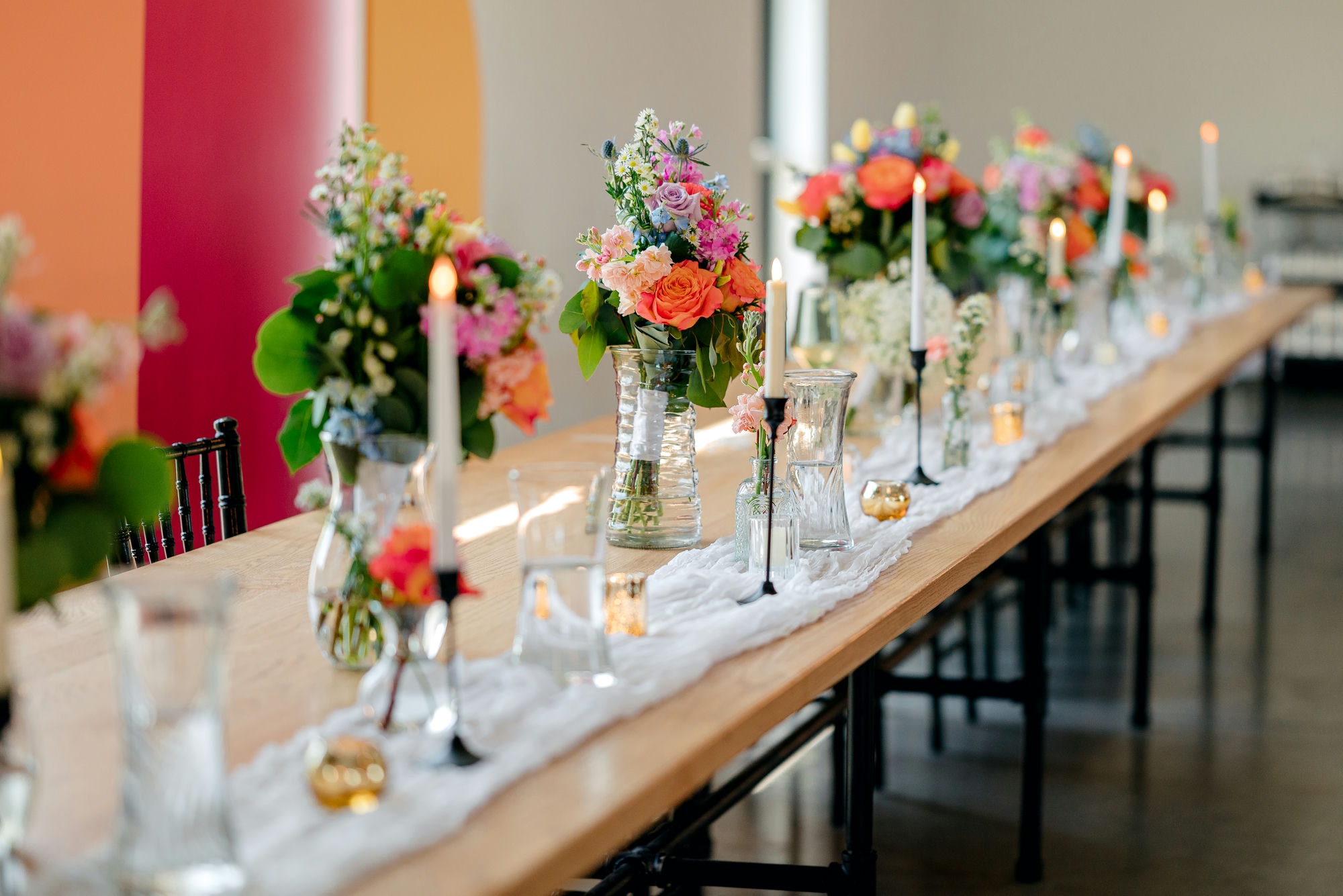
How to Avoid Creative Burnout as a Photographer
August 27, 2024
As a photographer, your creativity is your most valuable asset. It’s what allows you to see the world differently and capture moments in ways that others might miss. But when you’re constantly creating, it’s easy to hit a wall and find yourself struggling with creative burnout. If you’ve ever felt like your passion for photography is starting to wane, you’re not alone. Here’s how to keep the creative juices flowing and avoid burning out.
1. Set Boundaries with Your Time
One of the quickest paths to burnout is working non-stop. Photography is often more than just shooting—there’s editing, client meetings, marketing, and more. While it’s tempting to keep pushing through, it’s crucial to set clear boundaries. Designate specific times for work and personal life, and stick to them. This separation not only prevents burnout but also allows you to return to your work with fresh eyes and renewed energy.
Pro Tip: Schedule regular breaks throughout your day. Even a short walk or a coffee break can help reset your mind.
2. Pursue Personal Projects
When you’re constantly working on client projects, it’s easy to feel like you’re losing your creative spark. Personal projects are a great way to reignite that spark and remind yourself why you fell in love with photography in the first place. Whether it’s experimenting with a new technique, shooting a subject you’ve never explored before, or simply taking your camera out for fun, these projects can help you rediscover your passion.
Pro Tip: Set aside time each month to work on a personal project. It doesn’t have to be big or time-consuming—just something that excites you.
3. Learn to Say No
As photographers, we often feel the pressure to say yes to every opportunity that comes our way. But overloading your schedule with too many commitments can quickly lead to burnout. It’s okay to say no to projects that don’t align with your goals or that you simply don’t have time for. By being selective, you can focus on the work that truly excites you and maintains your creative energy.
Pro Tip: Evaluate each project by asking yourself if it aligns with your creative goals and whether you have the bandwidth to take it on without compromising your well-being.
4. Connect with Other Creatives
Isolation can contribute to burnout, especially in a field as solitary as photography. Connecting with other creatives—whether they’re photographers or artists from other disciplines—can provide fresh inspiration and support. Join a photography group, attend workshops, or even just grab coffee with a fellow creative. Sharing ideas, challenges, and successes with others can help you stay motivated and inspired.
Pro Tip: Consider collaborating on a project with another creative. The exchange of ideas can open up new perspectives and reignite your passion.
5. Embrace Rest and Recharge
Creativity doesn’t thrive under constant pressure. It’s important to recognize when you need a break and allow yourself time to rest and recharge. Whether it’s taking a weekend off, going on a vacation, or simply unplugging from social media, giving yourself space to breathe can do wonders for your creative energy.
Pro Tip: Incorporate regular self-care practices into your routine, such as meditation, exercise, or hobbies unrelated to photography, to maintain balance in your life.
6. Reflect on Your ‘Why’
When you’re feeling creatively drained, it can be helpful to step back and reflect on why you became a photographer in the first place. Reconnect with your original motivation—whether it’s the joy of capturing memories, the thrill of telling stories through images, or the love of creating art. Reminding yourself of your ‘why’ can help you push through periods of burnout and keep your passion alive.
Pro Tip: Keep a journal or vision board where you can document your goals, inspirations, and reflections. Revisit it when you need a reminder of your purpose.
Creative burnout is something many photographers experience, but it doesn’t have to be the end of your creative journey. By setting boundaries, pursuing personal projects, learning to say no, connecting with others, embracing rest, and reflecting on your purpose, you can maintain your passion for photography and keep your creativity thriving. Remember, your well-being is just as important as your work—take care of both, and your photography will continue to flourish.